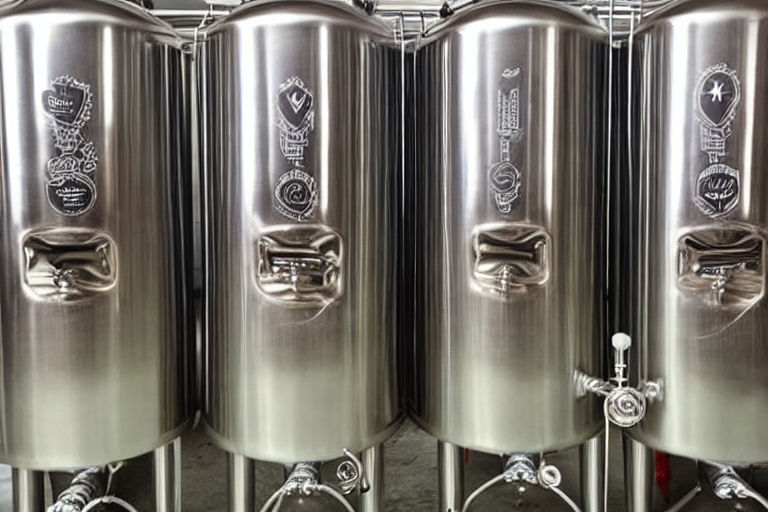The Art of Homebrewing: Techniques for Perfecting Your Craft Beer
Homebrewing is an age-old tradition that has become increasingly popular in recent years. There's something special about creating your own brew that can't be matched by store-bought beers, and the process of brewing can be incredibly rewarding.
However, homebrewing isn't as simple as mixing a few ingredients and hoping for the best. It's an art that requires technique, patience, and attention to detail. In this post, we'll cover some essential techniques you need to perfect your craft beer and take your home brewing to the next level.
Start with the Right Equipment
The first step in homebrewing is to make sure you have the right equipment. You'll need a brewing kettle, a fermenting vessel, a thermometer, and a hydrometer, at minimum. It's also important to use the right type of yeast for your beer, as different strains can create different flavors and aromas.
Sanitation is Key
One of the most important aspects of brewing is maintaining a clean and sanitary environment. Keep your equipment and workspace as clean as possible to prevent unwanted bacteria from contaminating your brew. This can be done by using a sanitizing solution, like Star San or Iodophor, on all surfaces and equipment.
Choose Quality Ingredients
The ingredients you use will greatly affect the taste of your beer. Invest in high-quality grains, hops, and yeast to create the best flavor. If you're using tap water, consider filtering it to remove any impurities that could negatively impact your brew.
Learn to Control Fermentation Temperature
Fermentation temperature plays a crucial role in the taste and quality of your beer. It's important to keep your fermenting vessel at a consistent temperature throughout the brewing process, typically between 60-70°F. Temperature control can be achieved through the use of a fermentation chamber or a temperature controller.
Don't Rush the Process
One of the biggest mistakes new homebrewers make is rushing the process. Fermentation can take anywhere from one to four weeks, depending on the style of beer you're brewing. It's important to let your beer ferment fully before bottling and carbonating for the best flavor and texture.
Experiment with Recipes
Once you've mastered the basics, it's time to start experimenting with different recipes. Try adding different hops or grains to create new, unique flavors. Don't be afraid to tweak recipes and make them your own.
In conclusion, homebrewing is a rewarding and enjoyable hobby that can produce some amazing beers. With the right equipment, techniques, and ingredients, you can take your craft beer to the next level. Remember to start with the basics, maintain a clean environment, and don't rush the process. Happy brewing!



